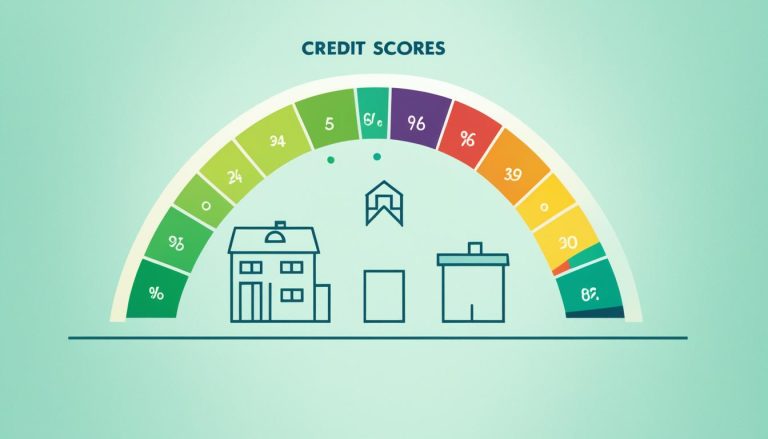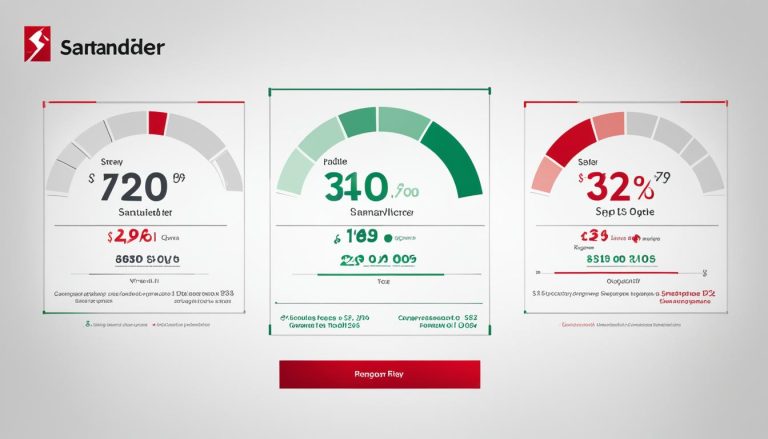Are you wondering if it’s possible to get a mortgage while receiving benefits? The answer is yes, it is possible to secure property financing even if you have a low income or receive benefits. Many mortgage providers consider factors beyond just income, such as assets and savings, to assess your ability to make mortgage payments
How to Get a Mortgage on a Low Income?
To get a mortgage on a low income, you’ll need to complete an application form with the bank or lender of your choice. The lender will assess your affordability by evaluating your total budget, including mortgage payments, household bills, council tax, and other living costs. Proof of income, such as payslips, bank statements, and benefit documentation, will be needed. It’s recommended to seek advice from a mortgage advisor who can assist you throughout the process and recommend lenders that are more likely to accept your application.
If you’re looking for mortgage schemes for benefit claimants or low income mortgage support, having a mortgage advisor by your side can greatly increase your chances of success. They have in-depth knowledge of the industry and can guide you towards lenders who specialize in providing mortgages to individuals with limited incomes.
When applying for a mortgage on a low income, it’s important to provide all the necessary documentation to support your application. This includes proof of income, which may include payslips or bank statements, as well as any benefit documentation you receive. Gathering this information beforehand can help streamline the application process and demonstrate your financial stability to potential lenders.
By seeking advice from a mortgage advisor, you can ensure that you’re well-prepared and have a clear understanding of the eligibility criteria for mortgage schemes tailored to benefit claimants and individuals with low incomes. They can provide valuable insights and recommendations based on their expertise and industry connections.
Remember, getting a mortgage on a low income is not impossible. By working with the right professionals, such as mortgage advisors and lenders experienced in low-income mortgage support, you can find a suitable mortgage solution that fits your budget and enables you to achieve your homeownership goals.

Benefits of Working with a Mortgage Advisor for Low Income Mortgages
If you’re considering a mortgage on a low income, partnering with a mortgage advisor can offer numerous benefits. Here are a few reasons why it’s worth seeking their expertise:
- Specialized Knowledge: Mortgage advisors have in-depth knowledge of the mortgage market, including lenders who provide mortgage schemes for benefit claimants and low-income individuals.
- Access to Multiple Lenders: A mortgage advisor has access to a wide range of lenders, increasing your chances of finding one that offers competitive rates and flexible terms suited to your financial situation.
- Personalized Advice: Mortgage advisors can provide personalized recommendations based on your unique circumstances, helping you navigate the mortgage application process with confidence.
- Saving Time and Effort: Instead of independently researching lenders and mortgage products, a mortgage advisor can streamline the process, saving you time and effort.
- Negotiation Skills: A mortgage advisor can negotiate with lenders on your behalf, potentially securing better terms and conditions for your mortgage.
| Lender | Interest Rate | Minimum Deposit | Repayment Term |
|---|---|---|---|
| Lender A | 2.5% | 5% | 25 years |
| Lender B | 2.8% | 10% | 30 years |
| Lender C | 3.2% | 15% | 35 years |
Can You Get a Mortgage on Benefits?
Yes, it is possible to get a mortgage while receiving certain benefits. Lenders cannot discriminate based on the source of your income, including long-term disabilities or dependent support. Benefits, such as Attendance Allowance, Carer’s Allowance, Child Benefit, Disability Living Allowance, Pension Credit, and Universal Credit, can be considered as additional income when applying for a mortgage. It’s important to provide proof of your benefits and their amount during the application process.
If you are receiving benefits and considering buying a house, you may be eligible for a mortgage. Lenders understand that individuals on benefits can still have stable financial circumstances and the ability to repay a mortgage. By including your benefits as additional income, you can improve your eligibility for a mortgage and increase your chances of homeownership.
When applying for a mortgage on benefits, it’s crucial to gather the necessary documentation to support your application. This includes proof of your benefits and their amount, which can be obtained through official benefit agency letters or statements. Lenders will consider this documentation when assessing your income and affordability.
Working with a mortgage advisor who specializes in mortgages for benefit recipients can also be beneficial. They can guide you through the application process, help you gather the required documents, and connect you with lenders who are more likely to approve your application.
- Benefits such as Attendance Allowance, Carer’s Allowance, Child Benefit, Disability Living Allowance, Pension Credit, and Universal Credit can be considered as additional income.
- Proof of benefits and their amount is required during the application process.
- Working with a mortgage advisor specializing in mortgages for benefit recipients can improve your chances of approval.
How to Get a Mortgage on Benefits?
Getting a home loan on benefits is a process similar to a regular mortgage application. You have the option to apply directly through a bank or seek guidance from a mortgage advisor who can assist you throughout the process. To support your application, you will need to provide proof of your benefits and their amount through bank statements, payslips, and benefit documentation. It’s important to note that each lender has different criteria when it comes to accepting benefits as income. That’s why it’s highly recommended to work with a mortgage advisor who can help you find lenders that are open to accepting benefits as a legitimate source of income.

By working with a mortgage advisor, you’ll have access to their extensive knowledge of different lenders and the specific requirements they have regarding benefits. They can guide you in the right direction and increase your chances of securing a mortgage that suits your needs and financial situation.
Considerations for Mortgage on Benefits
When considering a mortgage on benefits, it’s important to understand how certain income sources are viewed by lenders. Two common questions that arise are:
- Does Universal Credit count as income for a mortgage?
- Can you get a mortgage on disability benefits in the UK?
Let’s explore these considerations to help you make informed decisions when applying for a mortgage.
Universal Credit and Mortgage Applications
Universal Credit can be considered as income when applying for a mortgage. However, it’s essential to note that lenders may favor long-term government payments over short-term ones. This preference stems from the concern that short-term benefits could end at any time, impacting your ability to make mortgage payments. As a result, demonstrating the stability of your income is crucial. Working with a mortgage advisor can help you navigate the specific requirements of lenders and find the best options for your situation.
Mortgages and Disability Benefits in the UK
Disability benefits, such as Personal Independence Payment (PIP) and Employment and Support Allowance (ESA), can also be considered as income when applying for a mortgage. Similar to Universal Credit, the stability and longevity of these benefits are important factors that lenders consider. It’s crucial to provide proof of your disability benefits and their amount during the application process, ensuring that lenders have a clear understanding of your financial situation.
While Universal Credit and disability benefits can be counted as income for a mortgage, it’s essential to consider your overall financial situation and the stability of your benefits. Evaluating your budget, assessing the long-term viability of your income, and working with a mortgage advisor to identify lenders who understand and accommodate benefits can help you secure the right mortgage for your needs.

Conclusion
In conclusion, securing a mortgage on benefits or a low income is indeed possible. However, it’s important to note that different lenders have varying criteria and eligibility requirements. Therefore, it’s crucial to compare options and seek advice from a reputable mortgage advisor to increase your chances of finding a suitable lender.
When applying for a mortgage, it’s worth considering that benefits such as Universal Credit, disability benefits, and other government payments can be considered as income. By providing evidence of these payments, you may enhance your chances of approval for a mortgage.
Collaborating with a mortgage advisor can be highly advantageous, as they possess the knowledge and expertise to guide you through the process. They can assist in identifying lenders who are open to accepting applicants who rely on benefits. Don’t allow your current financial circumstances to hinder your dream of homeownership. Explore your options and discover the mortgage solution that is tailored to your specific needs.






